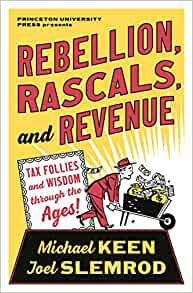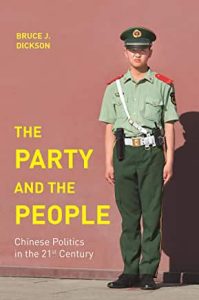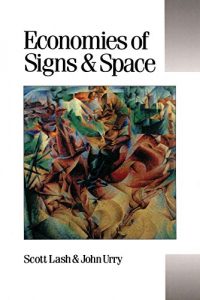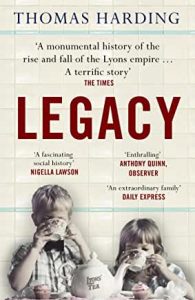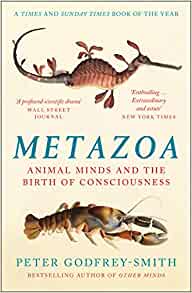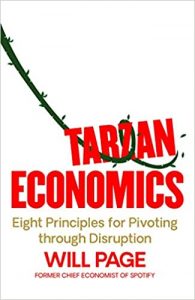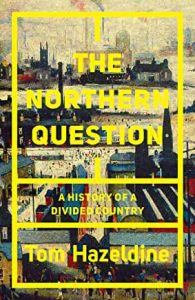The other book I left half-finished before our holiday was Rebellion, Rascals and Revenue by Michael Keen and Joel Slemrod. Believe it or not this is a very jolly book about taxation – covering textbook issues such as tax design, tax burden, tax administration etc. The underlying message about the economics is: it’s complicated. Indeed, it isn’t just about economics, but tightly intertwined with politics and power. The implicit follow-on message: there cannot be an ideal tax system good for all time. Indeed the book ends with the challenges posed by globalisation and digitalisation, suggesting some possible solutions – even hinting at the prospect that land value tax is one of these.
The fun comes in through the many historical episodes of taxes going wrong. This makes it a kind of tax version of the wonderful Crewe and King Blunders of Our Governments, which I always put on my public policy economics reading list. The book takes us from medivaeval times to the present and around the world (albeit with a US-UK bias). The knowledge and range of the authors is impressively encyclopaedic, and the quality of the writing is superb.
So I greatly enjoyed reading the book with the slight reservation that it isn’t clear who the intended audience is. At 500 pages with detailed footnotes it is a bit long for the general reader, unlikely to get picked up in airport bookshops (remember those?) I could see recommending sections to students for a bit of light relief as well as a non-technical account of issues they are covering in their public finance courses; but it isn’t a text book. There isn’t a discernible narrative, chronological or analytical arc – it’s episodic and didn’t seem to suffer from my reading it in separate chunks. Having said that, the book will answer any question you might ever have had about taxation in principle or practice and is highly entertaining too. What a combination.

